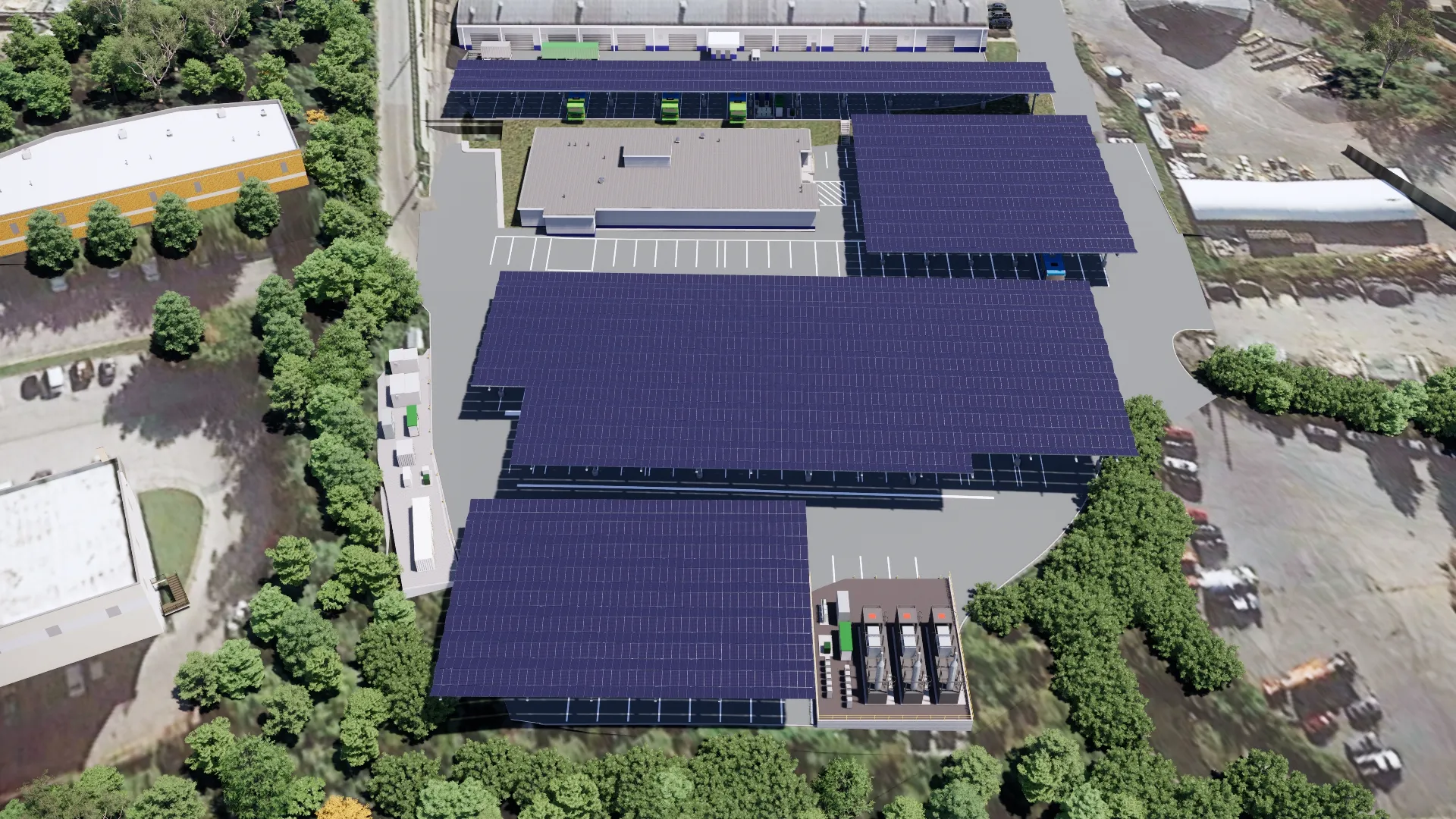Five new innovative projects to develop new low carbon and energy efficient technology in the automotive sector have been awarded US$107 million of joint UK government and industry funding. The measure, which is set to boost jobs and growth in the sector, was announced today by Business Secretary, Sajid Javid, on a visit to the Morgan Motor Company.
The funding has been awarded by the Advanced Propulsion Centre, a 10-year, US$1.4 billion joint partnership between Government and the automotive industry. T
January 19, 2016
Read time: 2 mins
Five new innovative projects to develop new low carbon and energy efficient technology in the automotive sector have been awarded US$107 million of joint UK government and industry funding. The measure, which is set to boost jobs and growth in the sector, was announced today by Business Secretary, Sajid Javid, on a visit to the Morgan Motor Company.
The funding has been awarded by the Advanced Propulsion Centre, a 10-year, US$1.4 billion joint partnership between Government and the automotive industry. The latest round of funding is expected to create and protect 851 jobs and save more than 4.2 million tonnes of CO2, and it builds on the 10 low carbon projects already funded.
The five winning projects are expected to design new products and systems that will change the technology used in the automotive sector, and include companies working on technology from vans to high-end sports cars. The projects which will receive funds are: the London Taxi Corporation, for a project expected to deliver a series of light-weight, zero-emission capable, range extended vehicles; an innovative research project led by Jaguar Land Rover which will build up the automotive turbocharger supply-chain in the UK; Morgan Motor Company, to develop heavily down-sized, fuel efficient petrol engines coupled with the latest electrification technologies to produce hybrid sports cars and all-electric variants; a consortium led by AGM Batteries, for a project to develop the next generation of battery packs for high performance, low carbon vehicles; a consortium led by engineering firm Parker Hannifin has been awarded a grant to reduce the carbon footprint of electric forklift vehicles.
Announcing the funding, Javid said: “These new projects will cement the UK’s position as a leading global centre for low carbon innovation and manufacturing. Our fast-growing and diverse automotive industry has been especially successful at exporting high-value, high-technology vehicles all over the world, and our focus on next-generation innovation will ensure we can continue this progress and create even more high-skilled jobs.”
Between 2015 and 2020, the Government has committed to spending more than US$858 million to support the uptake and manufacturing of ultra-low emission vehicles (ULEVs) in the UK. This will ensure all cars and vans on the country’s roads will be effectively zero emission by 2050.
The funding has been awarded by the Advanced Propulsion Centre, a 10-year, US$1.4 billion joint partnership between Government and the automotive industry. The latest round of funding is expected to create and protect 851 jobs and save more than 4.2 million tonnes of CO2, and it builds on the 10 low carbon projects already funded.
The five winning projects are expected to design new products and systems that will change the technology used in the automotive sector, and include companies working on technology from vans to high-end sports cars. The projects which will receive funds are: the London Taxi Corporation, for a project expected to deliver a series of light-weight, zero-emission capable, range extended vehicles; an innovative research project led by Jaguar Land Rover which will build up the automotive turbocharger supply-chain in the UK; Morgan Motor Company, to develop heavily down-sized, fuel efficient petrol engines coupled with the latest electrification technologies to produce hybrid sports cars and all-electric variants; a consortium led by AGM Batteries, for a project to develop the next generation of battery packs for high performance, low carbon vehicles; a consortium led by engineering firm Parker Hannifin has been awarded a grant to reduce the carbon footprint of electric forklift vehicles.
Announcing the funding, Javid said: “These new projects will cement the UK’s position as a leading global centre for low carbon innovation and manufacturing. Our fast-growing and diverse automotive industry has been especially successful at exporting high-value, high-technology vehicles all over the world, and our focus on next-generation innovation will ensure we can continue this progress and create even more high-skilled jobs.”
Between 2015 and 2020, the Government has committed to spending more than US$858 million to support the uptake and manufacturing of ultra-low emission vehicles (ULEVs) in the UK. This will ensure all cars and vans on the country’s roads will be effectively zero emission by 2050.









